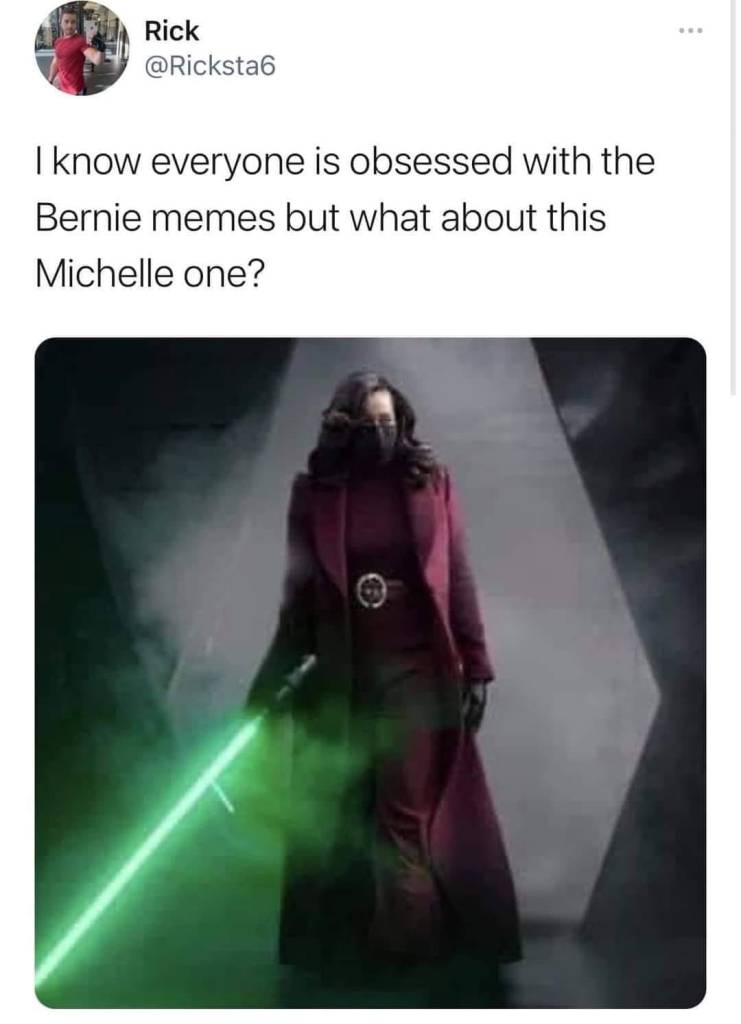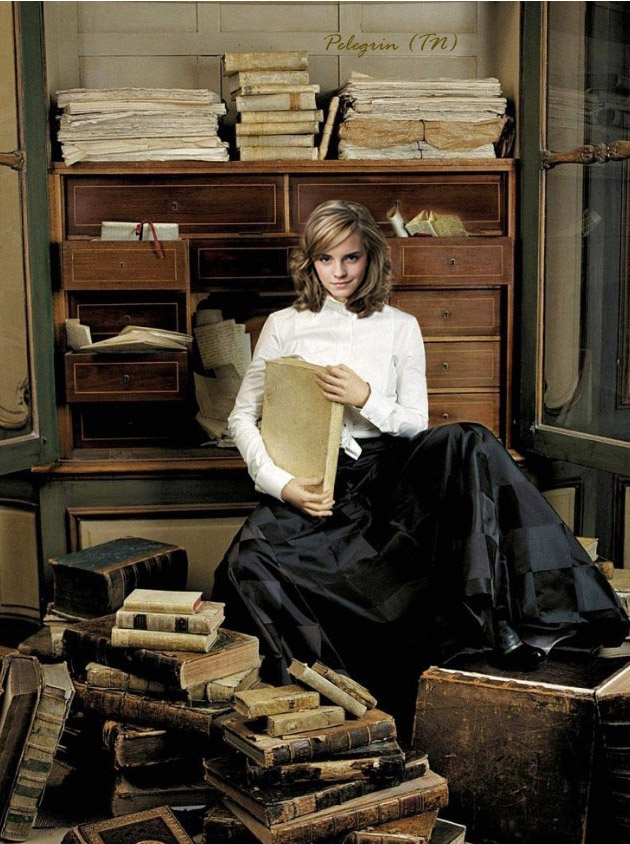So last Tuesday, one of my lesbian friends, who teaches 5th grade science at a nearby school, texted me for a poem that she could read at the school assembly. They have been doing a poem a week, and she had asked if she could do something for Pride, which has just kicked off in Boston. I said sure.
I spent two days writing, working on a sestina, my favorite form, since it would give me a way to look at the idea of pride over the years, which would be educational and supportive for the kids, and also reflect some things I’ve been learning from my friends and other queer role models from over the years.
So this is what I wrote.
What We Mean, Now, By Pride
a sestina
Years ago, people always said that pride
Was bad, that it and humility were night and day,
That proud people thought only of themselves.
Being proud meant being vain, and that was a no-no.
It meant that you loved only the person in the mirror.
For centuries, folks used “pride” in that sense.
And if you think about it, that probably made sense.
Ancient Greek playwrights warned of the perils of pride,
How heroes saw themselves as gods in their mirrors
And overestimated themselves on the day
Of battle. That’s a good way to get killed, no
Doubt about it. Heroes need to know themselves
Accurately, what they can do and be. Knowing yourself
Can be difficult. We change as we grow, gaining a sense
Of who we are and who we might become. To know
Who you are is wisdom. To accept who you are is pride,
The good kind of pride, the one that says, “Today
I will be myself in earnest! When I look in the mirror
I will see the good I can do, and those who see me will mirror
That goodness back.” Sometimes we change one self
For another, learning to be better and love better every day.
And it’s true: there will be dark, rainy days. There’s no sense
Denying that. There will always be days it’s hard to feel pride
Or joy or accomplishment: this is a fact we know.
So we must stand up, let the rain run off us, take no
Notice of those who cannot see us as we see ourselves mirrored
Back. We stand tall, proud of our good selves and our good pride,
Proud to be who we are, love who we love, and accept the self
That God or the universe gave us, with a clear sense
That we will give our gifts to the world, now and someday
In the future, when we’ve dreamed and worked our way to a day
When everyone is accepted for who they are, with no
Exceptions. This is not a utopian dream in any sense.
Change happens; the world expands, and then mirrors
Become kinder to those who look at themselves
And smile because they finally know this pride.
Let us begin this work today, start by looking in the mirror
Accepting what we know, accepting our truest self
And our sense, finally, of deep and lasting pride.
I sent it to my friend and she expressed shock that I had written the poem. She had expected me to send her some good gay poem I knew about or found online. But because I knew that she had read my poetry in the past, it never occurred to me that she had meant anything other than that I should write one.
Today was the assembly. Afterwards she sent me a text saying, “I want to thank you for putting the time in and writing that beautiful poem about Pride. It was a huge success….! I even heard there were some tears.”
Success.
Happy Pride Month!
















